ONLINE CLINICAL HYPNOTHERAPY ‘DIPLOMA’ COURSE
Rs.50,000.00
* All payments made are non-refundable under any circumstances.
Description
Diploma in Clinical Hypnotherapy
Duration: 4 Weeks (5 Working Days In A Week)
The Diploma course has been accredited by the reputed international bodies like;
- General Hypnotherapy Standards Council
- International Hypnosis Federation
- Faculty of Managements Sciences London, Institute of Therapies Management
The course has two major sections
1.1 Clinical Hypnotherapy course
1.2 Behavioural Counseling
Fee:
INR 50,000/- (With video coaching) – 18% GST Applicable
1.1 Clinical Hypnotherapy
Contact Classes: One week
The course has two sections:
1.1.1 Foundation Course
1.1.2 Professional Course
- Subject-matter of Foundation Course
- Understanding Hypnosis
1.1 Development Across Time
1.2 Myths and Misconceptions
1.3 Scope and Applications of Hypnosis
- Human Mind
2.1 Mind Development
2.2 Conscious and Subconscious Mind
2.3 Rules of Mind
- Hypnosis- Concept and Process
3.1 Concept of Hypnosis
3.2 Indicators of Hypnosis
3.3 Depth of Hypnotic Trance
3.4 Pre-requisites of Hypnosis Session
- Pre-Session Activities
4.1 Information about the client
4.2 Pre-Induction Communication
4.3 How to Prepare Healing Suggestions
- Inducing Hypnosis
5.1 How to Induce Hypnosis
5.2 Considerations while Inducing Hypnosis
5.3 Rules of Induction
- Deepening of Trance
6.1Activities done for deepening before inducing Trance
6.2 Activities done after Inducing Hypnosis
- Hypnotic Healing
7.1 Give Suggestions
7.2 Laws of Suggestibility
7.3 Mental Rehearsal
7.4 Create Triggers
- Waking up and Post Session Activities
8.1 Waking up the Client
8.2 Post Session Activities
8.3 Outline of Hypnotic Session
- Self-Hypnosis
9.1 Every Hypnosis is Self-Hypnosis
9.2 Levels of Consciousness
9.3 How to give Suggestions
9.4 How to come out of Self Hypnosis
9.5 Techniques of Self Hypnosis
- Scripts
Induction Techniques
For 1st time Induction
10.1 Finger Spreading Test
For Subsequent Sessions
10.2 Progressive Relaxation
10.3 Fixed Gaze Induction
Induction Technique for Analytical People
10.4 Auto Dual Induction
Fast Induction Techniques
10.5 Backward Counting Technique
10.6 Reactional Method
10.7 Hand Magnetism Induction
Instant Induction Techniques
10.8 Hypnotize with Eyes
10.9 Hypnotize with Pendulum
10.10 Hand Press Technique
10.11 Confusion Method
Other Material
10.12 How to Build Protection Shield
10.13 Ethical Issues
1.1.2 Professional Course
- Medical/Therapeutic Model of Hypnosis
1.1 Over View
1.2 History of Medical Hypnosis
1.3 Reasons of Medical Hypnosis
- Healing Design
2.1 Considerations while planning a Healing Design
2.2 Steps of a Healing Design
- Hypnoanalysis
3.1 Cause and Effect Relationship
3.2 Method of Hypnoanalysis
- Age Regression Therapy
4.1 Introduction of Age Regression
4.2 Concerns Relating Age Regression
4.3 When to do Age Regression
- Life Therapy
5.1 What is Life Therapy
5.2 What is life Script
5.3 Types of Life Scripts
5.4 Life Script Defines our Roles
5.5 Risks with Life Script
5.6 Life Script Limits Options
5.7 Improve upon Life Scripts
- Dealing with Fears, Phobias and Traumas
6.1 Fear
6.2 Phobia
6.3 Main Tools of Treatment
– Symptomatic Approach
– Desensitization
– Circle Therapy
6.4 Ideomotor Response
- Low Blood Sugar
7.1 Definitions
7.2 General Physiology and Psychology Low Blood Sugar
7.3 Nutritional Approach
7.4 Stages of Recovery
7.5 Hypnotic Approach
- Eating Disorder
8.1 Normal eating
8.2 Eating Disorders
- Anorexia Nervosa
- Bulimia Nervosa
- Alcohol and Drug Addiction
9.1 Why People use Drug and Alcohol
9.2 Treatment
9.3 Treatment of Drugs
9.4 Parental Strategy to Prevent Drug Abuse
- Explosive Personality Disorder
10.1 What is Explosive Personality Disorder
10.2 Treatment
- Private Violence
11.1 Wife Beating
11.2 Child Abuse
11.3 Incest
11.4 Rape
- Communication
12.1 Healthy Communication
12.2 Anti-communicators
- Relationship Counselling
13.1 Relationship Discomfort
13.2 Process of Relationship Counselling
- Sexual Dysfunction
14.1 What is Sexual Dysfunction
14.2 Psychological Reasons of Sexual Dysfunction
14.3 Healing ED and Frigidity
14,4 Enjoy Married/sexual Life
14.5 Myths and Facts
- General Self Improvement
15.1 Memory Improvement
15.2 Athletics
15.3 Motivation
15.4 How to Control Stress
15.5 Mental Hygiene
- 16. Smoking
16.1 Type of Smokers
16.2 Treatment
- Short Method
- Long Method
- Awareness method
- Weight Management
17.1 What is Ideal Weight
17.2 Considerations for Weight Management
17.3 Suggestions for Weight management
- Children’s problems
18.1 Hyperactive Children
18.2 Children who lie and steal
18.3 Bed Wetting
18.4 Anti-social Behaviour
18.5 Nail Biting/ Thumb Sucking
18.6 Study Habits
18.7 Stammering and stuttering
- Additional Scripts
19.1 Hand Levitation
19.2 Desensitization
19.3 Cord cutting
19.4 Anger
19.5 Milton Erickson Hand Levitation Technique (Indirect Hypnosis)
19.6 Dave Elman Induction
19.7 Self Hypnosis 3.2.1 Technique
19.8 Fingers Drawing near (Induction for children)
19.9 Hands Magnetism (induction for children)
19.10 Hands going up and Down (Induction for children)
19.11 Finger Rotation Technique of Induction
1.2 Behavioural Counseling
- Chapter 1: Introduction of the Course
- Chapter 2: Counselling
- Chapter 3: Characteristics of a Counsellor
- Chapter 4: Develop Rapport and Know the Client
- Chapter 5: Suggestibility (by Dr John Kappas)
- Chapter 6: Sexuality (by Dr John Kappas)
- Chapter 7: Functioning of Human Mind
- Chapter 8: Theory of Personality (by Sigmund Freud)
- Chapter 9: Theory of Personality (by Erik Erikson)
- Chapter 10: Hierarchy of Needs (by Abraham Maslow)
- Chapter 11: Counselling Interview
- Chapter 12: Understanding Problem -Paris Window
- Chapter 13: Understanding Problem- Corrective Therapy
- Chapter 14: Theories of Learning
- Chapter 15: Healing Techniques- Family System Approach
- Chapter 16: Healing Techniques- Role Play
- Chapter 17: Healing Techniques- Systematic Desensitization
- Chapter 18: Healing Techniques- Circle Therapy
- Chapter 19: Relationship Counselling
- Chapter 20: Counselling for Smoking
- Chapter 21: Counselling for Enuresis
- Chapter 22: Counselling for Fear /Phobia
- Chapter 23: Counselling for Procrastination
- Chapter 24: Counselling for Depression
- Chapter 25: Examination and Certification
Approach to Teaching:
- Structure of Teaching
- Theoretical Explanation
- Practical Demonstration
- Practice by Students
- Debriefing is done for further correction and improvements
- Course manuals are provided for reference and further studies.
- Scripts are also included for several hypnotic inductions and healing.
- Examination is conducted for certification of Hypnosis and Counselling courses
- Detailed case studies for 10 clients are essential for the Diploma of Clinical Hypnotherapy
- Evaluation of case studies for Diploma of Clinical Hypnotherapy, involves additional fee of Rs. 5000/- (Five Thousands only). P&H charges are applicable for international students.
- The students are expected to complete theoretical classes and case studies in about six months for completion of the Clinical Hypnotherapy Diploma Course. However additional time can be made available on request.
- Online support is made available for students after completion of the course.
- Duration and fees are mentioned against each course.
- One week means 5 working days in the time frame of the courses.
- GST is applicable on the fees as per government provision
- Medium of instruction is in Hindi and English only
Additional information
| Online Coaching | Exclusive Accommodation And Logistics, Inclusive Accommodation And Logistics |
|---|

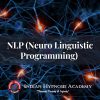
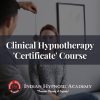
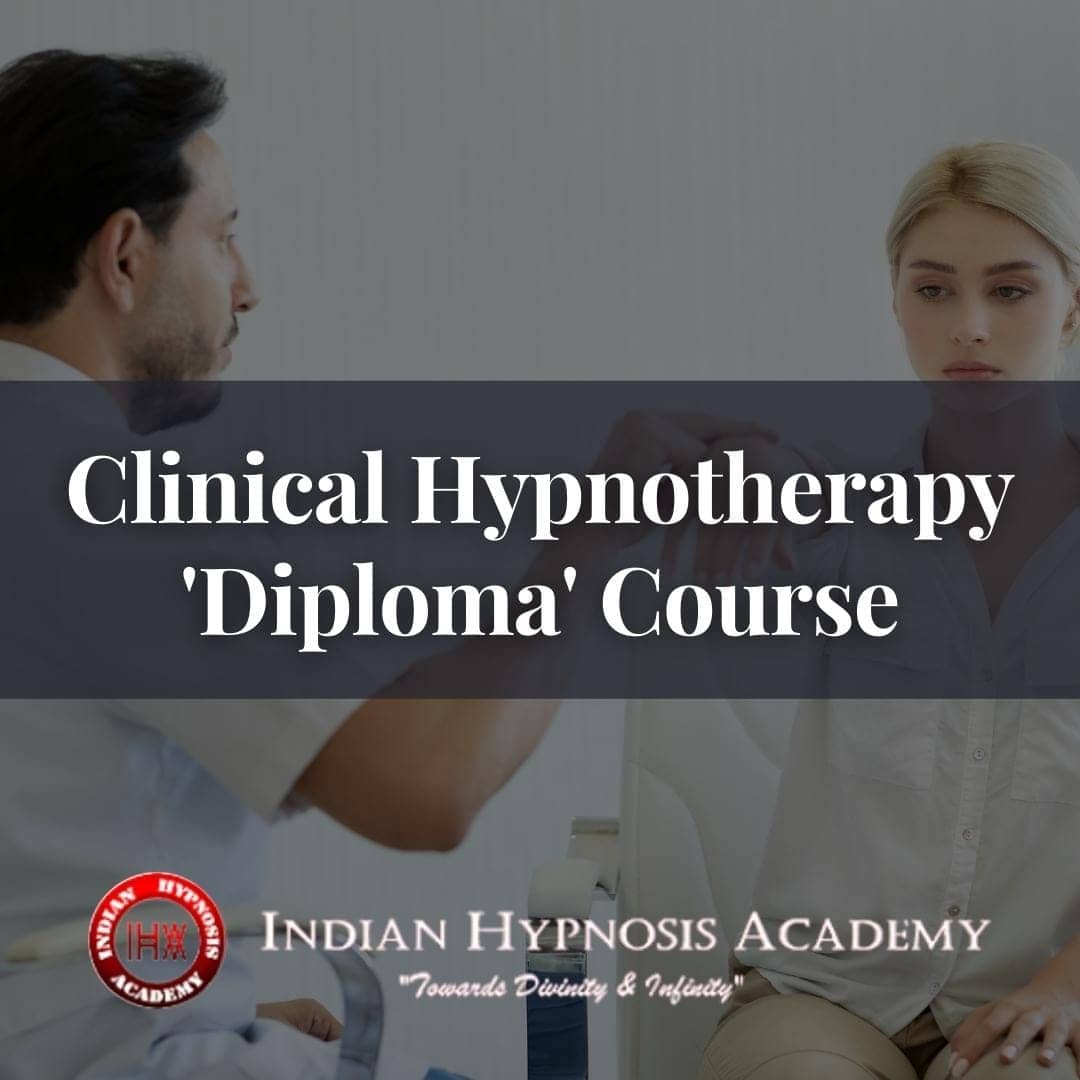
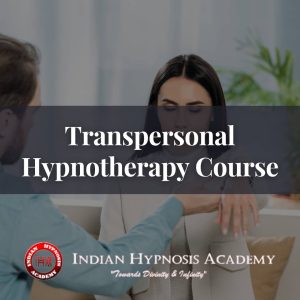
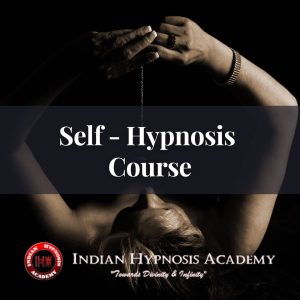
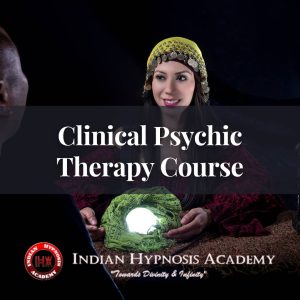
Reviews
There are no reviews yet.